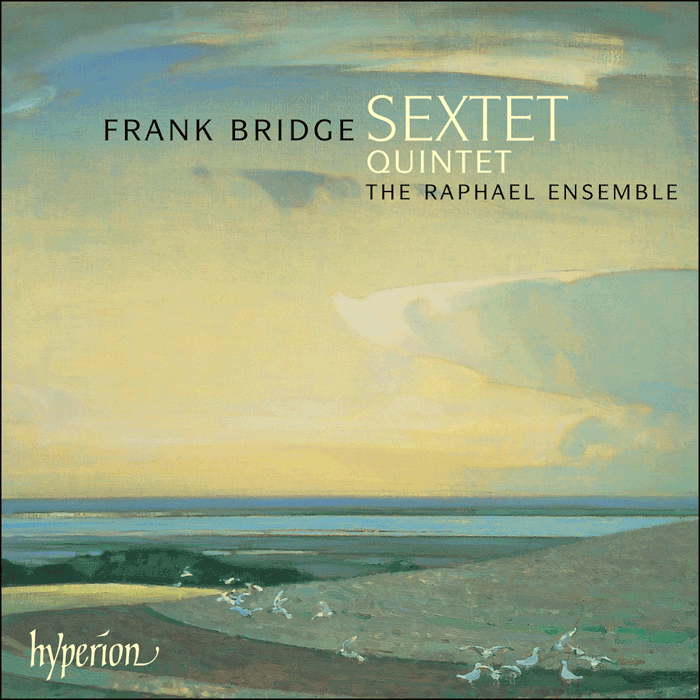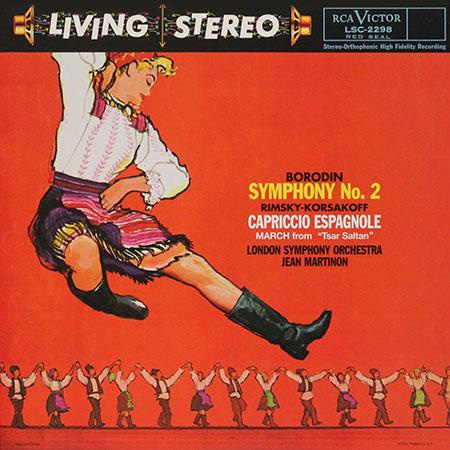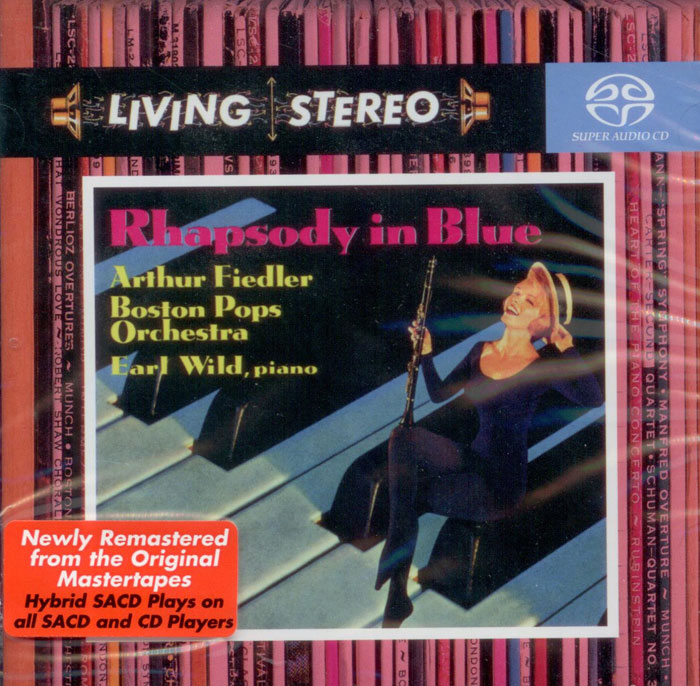Logowanie
OSTATNI taki wybór na świecie
Nancy Wilson, Peggy Lee, Bobby Darin, Julie London, Dinah Washington, Ella Fitzgerald, Lou Rawls
Diamond Voices of the Fifties - vol. 2
Tylko 1000 egzemplarzy!!!
DVORAK, BEETHOVEN, Boris Koutzen, Royal Classic Symphonica
Symfonie nr. 9 / Wellingtons Sieg Op.91
nowa seria: Nature and Music - nagranie w pełni analogowe
Petra Rosa, Eddie C.
Celebrating the art and spirit of music - vol. 3 - Pure
warm sophisticated voice...
Peggy Lee, Doris Day, Julie London, Dinah Shore, Dakota Station
Diamond Voices of the fifthies
Tylko 1000 egzemplarzy!!!
SAMPLER - STS DIGITAL, Buddy Tate, Milt Buckner, Walace Bishop
Jazz Masters - Legendary Jazz Recordings - v. 1
proszę pokazać mi drugą taką płytę na świecie!
Chesky! Niezmiennie perfekcyjny
Winylowy niezbędnik
ClearAudio
Double Matrix Professional - Sonic
najbardziej inteligentna i skuteczna pralka do płyt winylowych wszelkiego typu - całkowicie automatyczna
BRIDGE, The Raphael Ensemble
Early Chamber Music
- The Raphael Ensemble
- BRIDGE
In 1901 the twenty-two-year-old Frank Bridge was engaged on a course of study at the Royal College of Music under the notoriously crusty Sir Charles Villiers Stanford, an experience the younger composer was to describe as being like ‘imbibing water through a straw instead of glaxo and bovril’. Nonetheless, the youthful String Quintet in E minor dating from this time betrays not the fug of the classroom, but rather the verve of Brahms, Dvořák and Elgar, and a distinctly Russian sense of energetic rhythmic bite alongside Bridge’s trademark effortless shifts from key to key. The String Sextet in E flat major, first performed in 1913 though originally sketched in 1906, is the most richly textured and expansive of all Bridge’s early chamber works. In three movements, the scale and character of this true masterpiece are established right from the first appearance of its soaring opening melody. A proficient violist in his own right, Bridge took to the stage in 1912 with Lionel Tertis to perform two viola duets of his own making. Never published, and their manuscripts lost, it eventually proved possible to revive one of them, the Lament, from an all-but complete sketch preserved in the Royal College of Music library. The result is some of the composer’s most personal music, Bridge skilfully spinning out from his two violas some of the most haunting and lyrical dialogues ever written.

































